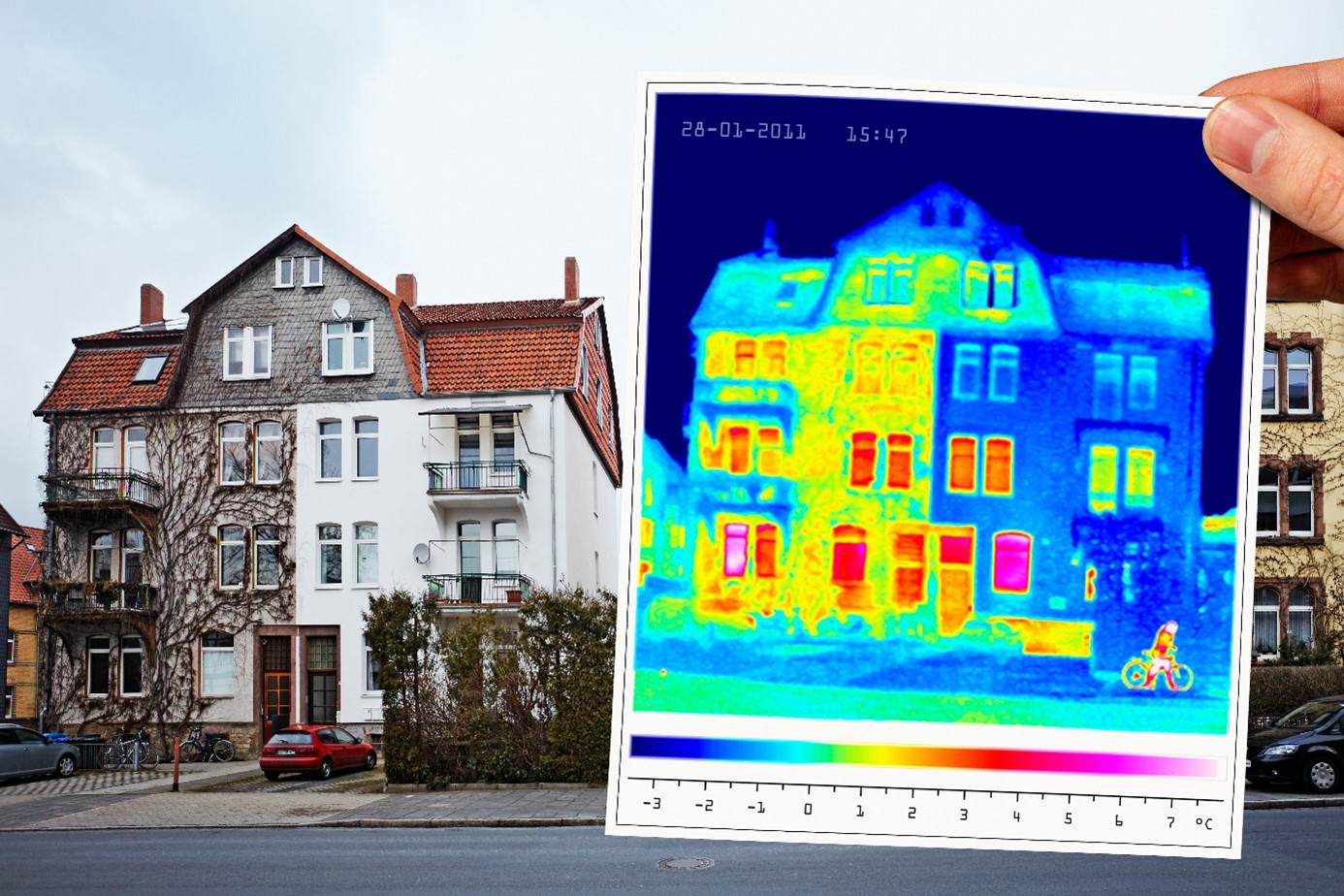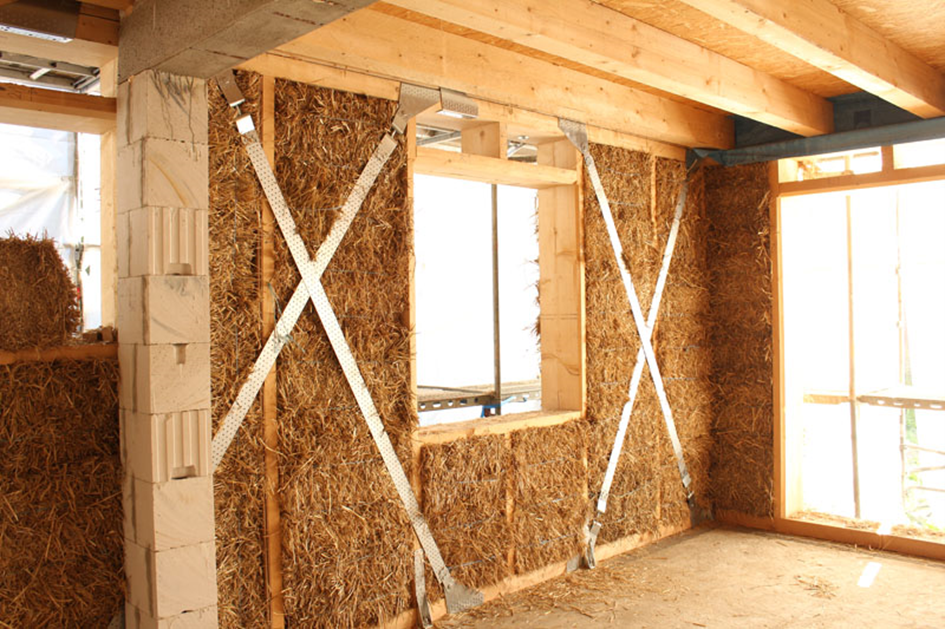Sustainable Building Renovation – Forming the Future
Empowering municipal actors to foster and implement sustainable building renovation projects.
Buildings Energy Efficiency Energy Transition and Climate-Neutral Buildings

Project info
Germany, Hungary, Romania
12/22 - 11/24
Local governments, Private sector
471,777.77 €
Contact info
Jurga Tallat-Kelpšaitė
- Energiaklub Climate Policy Institute and Applied Communications Association (Energiaklub)
- Energy Efficiency and Renewable Energy Agency “Ae3R Ploiesti-Prahova”
Background
As 36 per cent of the CO2 emissions in the European Union (EU) originate from the building sector, it constitutes a key leverage point to reduce greenhouse gas emissions. The EU aims at reaching a climate-neutral building stock in 2050. Thus, the EU Renovation Wave and the Circular Economy Action Plan aspire to deliver more sustainable buildings through intensified renovation activities. According to the new EU Energy Efficiency Directive proposal, the public sector needs to ensure that 3 per cent of floor space in public buildings is renovated annually. This also applies to municipal buildings. Hence, efficiency requirements must be included in public procurement procedures as well. However, although public buildings should act as role models for private sector renovations, Germany, Hungary, and Romania can still draw on a lot of untapped potential regarding the average annual renovation rate required by the European Commission.

Project
The SURF project contributes to the transformation process of reaching a climate-neutral building sector by stimulating deep and sustainable building renovation at the municipal level and beyond. It focuses on employees working in the municipal building management as they are responsible for the practical implementation of renovations and, thus, are believed to trigger a paradigm shift in sustainable energy renovation from the ground up. SURF brings together 2 to 4 forerunner municipalities in transnational workshops with municipalities from Germany, Hungary, and Romania to learn from their experiences, best practices, and successful concepts. Apart from this peer-to-peer learning approach, the project conducts a circular building training series and provides a practical guideline for green public procurement, a sustainability checklist for renovations as well as fact sheets and materials on an online platform. Moreover, SURF connects municipalities and architects, industrial actors, homeowners’ associations, and housing companies EU-wide through informal online “renovation lunches” and a policy conference. This transnational SURF network fosters and implements sustainable renovations and directs its planning, permitting, and tendering activities towards achieving a climate-neutral building stock.
Last update: July 2024
Success Stories
More about this project
Events
Find all upcoming and pasts events on our EUKI Academy page.
